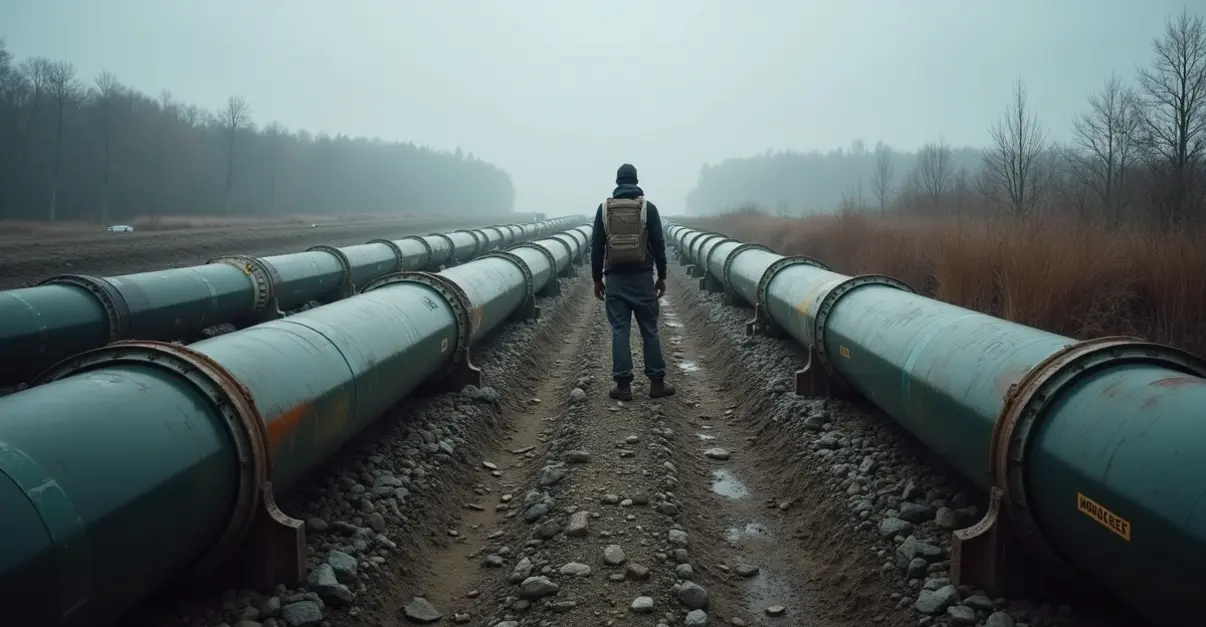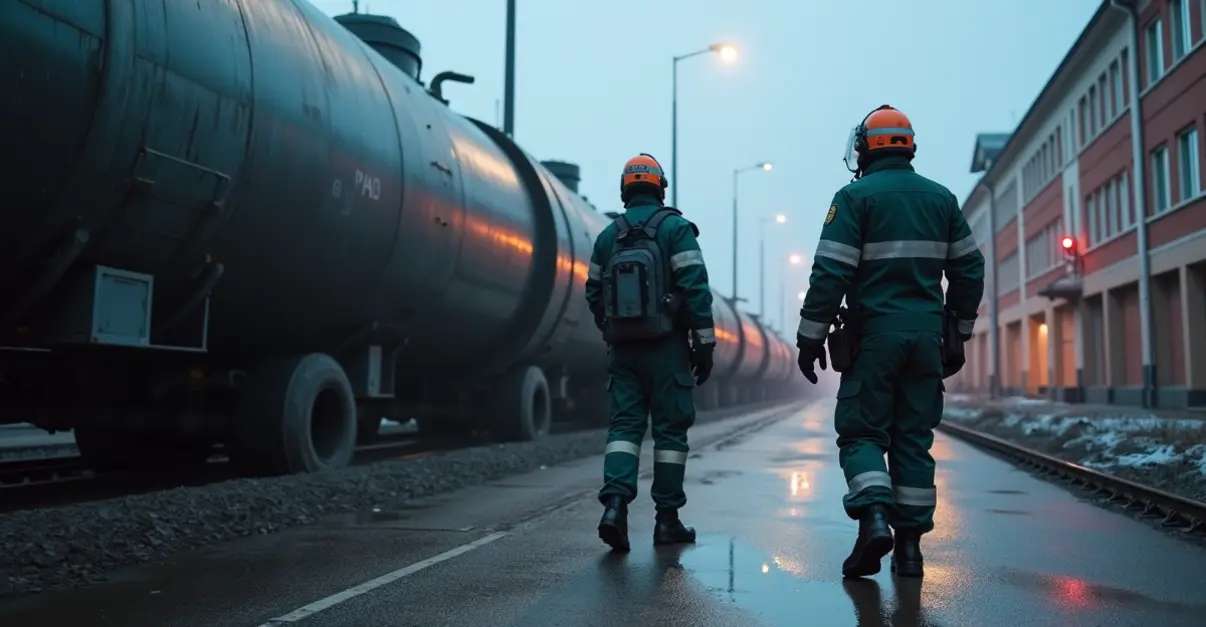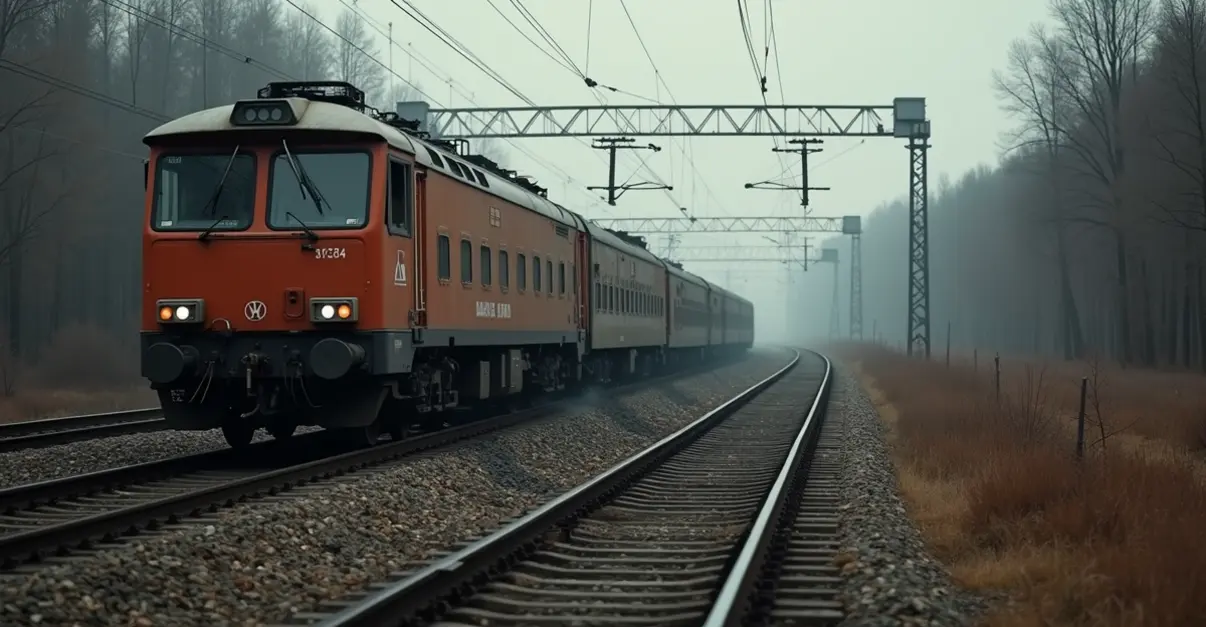Polish authorities arrest Ukrainian suspect Volodymyr Z. wanted for Nord Stream pipeline sabotage. Defense attorney claims innocence and will fight extradition to Germany.

Major Breakthrough in Nord Stream Investigation
Polish authorities have apprehended Ukrainian national Volodymyr Z., a key suspect wanted by German investigators for his alleged involvement in the 2022 sabotage of the Nord Stream natural gas pipelines. The arrest occurred near Warsaw following an international manhunt coordinated by European law enforcement agencies.
Legal Battle Over Extradition
The suspect's legal representative has declared his client's innocence and vowed to challenge any extradition attempts to Germany. "My client maintains his complete innocence and we will vigorously contest any extradition proceedings," stated the defense attorney in a press conference following the arrest.
International Investigation Progress
German federal police revealed last month that they had identified nearly all suspects involved in the pipeline sabotage operation. According to official German statements, arrest warrants were issued against six of the seven crew members of the sailing yacht allegedly used in the sabotage mission. One crew member was reportedly killed in combat operations, according to investigations by Dutch media outlets.
Previous Arrests and Ongoing Manhunt
This arrest follows the apprehension of another Ukrainian suspect, Serhii K., in Italy last month. Italian authorities detained K. while he was on vacation, with German investigators identifying him as the alleged coordinator of the sabotage operation. Four other suspects remain at large as the international investigation continues.
Background of the Nord Stream Sabotage
The Nord Stream pipelines were a multi-billion dollar energy project between Germany and Russia, consisting of two natural gas pipelines running through the Baltic Sea. The sabotage occurred in September 2022 when underwater explosions damaged three of the four pipelines, causing massive gas leaks and rendering the infrastructure inoperable. The second pipeline had not yet entered commercial operation at the time of the attack.
Initially, Russia and Ukraine exchanged accusations regarding responsibility for the sabotage. However, evidence gradually accumulated pointing toward Ukrainian involvement, though official investigations by Sweden and Denmark concluded without identifying perpetrators in February 2024. The German investigation remains active and continues to pursue leads.

 Nederlands
Nederlands
 English
English
 Français
Français
 Deutsch
Deutsch
 Español
Español
 Português
Português









